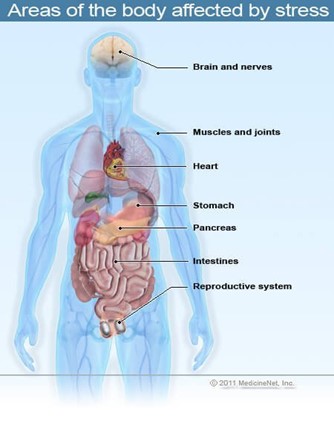Our Heart: Pump, Emotions, Stress, Energy
Just like our brain, we all have a heart. We know our heart acts like a pump to circulate blood throughout our body. We know that we can have heart attacks and other cardiac diseases.
Something many do not know is that the heart and brain communicate and that the heart communicates with the brain more than the brain communicates with the heart.
When you are feeling stressed, your heart is involved along with your brain. Our emotions influence our hearts and brains. The heart is an electrical system. This shouldn’t surprise you because the ECG (electrocardiograph) that traces our heart rhythm is tracing the electrical rhythm of our heart. The functioning of the brain can also be examined using an EEG (electroencephalograph), which measures the electrical functioning of the brain. Muscles are also measured electrically. We are made up of electrical energy.
Enough about the electricity for now. Next, a bit of information about how our heart and brain work together when we are experiencing stress.
What is stress and how do you know if you are experiencing stress? Definition of stress:
In a medical or biological context stress is a physical, mental, or emotional factor that causes bodily or mental tension. Stresses can be external (from the environment, psychological, or social situations) or internal (illness, or from a medical procedure). Stress can initiate the ‘fight or flight’ response, a complex reaction of neurological and endocrinologic systems.
Definition of stress:
Stress affects many areas of our body. Remember too, that all areas of the body are connected. We cannot separate our mind and mental health from our body and physical health. Our emotions affect our brain, mind, and mental health which in turn affect our body. Stress can lead to physical illness and physical illness can lead to stress. A bit of a vicious circle.
Researchers have discovered that our emotions are a result of our hearts and brains working together. Neurocardiology (a specialty of how the brain and heart interact) research has determined that the heart is a sensory organ. The heart can learn, remember, and make independent functional decisions that do not involve the cerebral cortex. (2003. McCraty, R. energetic-heart.pdf Institute of HeartMath.)
Our emotions drain our energy. Think about it, when you have had a disagreement with someone, you will often feel tired and make poor decisions. Afterward, we are apt to say to ourselves (maybe even to others) ‘what was I thinking?
“It’s not stress that kills us, it is our reaction to it.”
https://www.heart.org/en/healthy-living/healthy-lifestyle/stress-management/stress-and-heart-health
— Hans Selye
The HeartMath™ System (programs, techniques) includes methods of mental and emotional self-regulation and energy management techniques that lead to a restructure of neural (nervous system) circuits. The techniques assist in the alignment of our mental, emotional, and physical systems. All the techniques affect several areas of the brain: amygdala, hippocampus, prefrontal cortex, and thalamus and improve the synchronization of the heart-brain, hormonal balance, the autonomic nervous system, and vagal pathways. Breathing is a vital component of the HeartMath™ systems. But HeartMath™ is much more than breathing. Remember, our heart and head are communicating with each other.
One of the goals of drelaineleadership.coach and HeartMath skills is to guide you to increased internal awareness. Everyone deserves to have a beautiful life that includes self-awareness and limited stress. You can be in control of your emotional responses.
Stress often leads to us adopting poor coping behaviours that can increase our risk of heart disease and stroke. Some poor coping behaviours include smoking, alcohol, drugs, overeating, absence of physical activity, unhealthy diet. Being overweight, and not taking your prescribed medications as per your doctor’s instructions are also symptoms of stress.
Stress can show up in your body as a headache, back strain, painfully tight shoulder muscles, and stomach pain. Other things that stress can do to you include zapping your energy, create sleep problems, and adding to crankiness, forgetfulness, and not being as in control of yourself as you would like. A chain reaction begins:
Stress > release of adrenalin and cortisol > increased heart rate, breathing rate, and blood pressure
You are prepared to fight or flee even though there is no physical danger, no lions, or tigers, or bears.
There is a large body of information and research about stress and ways to manage our emotions. I will continue to share information about stress, emotions, the heart-brain connection and how to take control of your emotional reactions in future blogs. But just a little bit at a time.

I did not know that the heart could act on its own. I had always thought it was brain controlled. The paragraphs on stress were great. Now I just need to mindfully control it.
The information was great and I will follow the links.
Yes, Dawn, our hearts are amazing. The interactions between heart and brain are very interesting and there is so much to learn. I will be sharing more as I learn. There is so much.